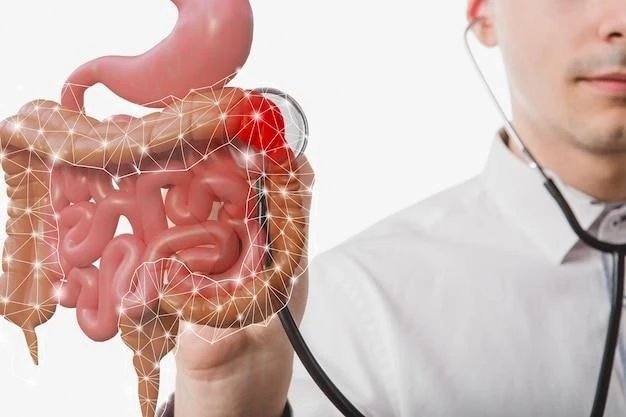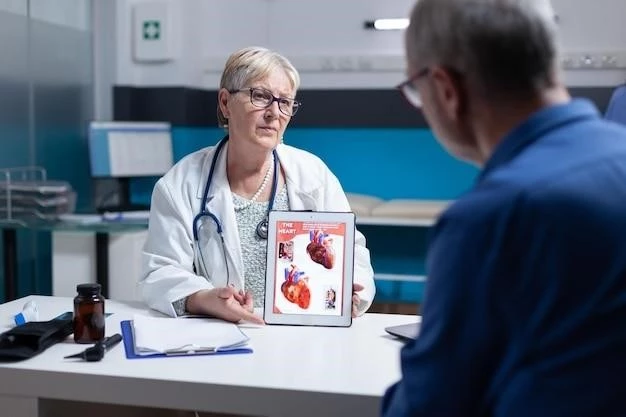Comprehensive Article Plan on Appendicitis
When discussing the causes of appendicitis, it’s important to consider factors like obstruction of the appendix, infections, or inflammatory bowel diseases․ Understanding the symptoms, such as abdominal pain, nausea, and fever, can lead to prompt diagnosis․ Diagnosis typically involves physical exams, imaging tests, and blood work․ Exploring treatment options like appendectomy is crucial for recovery․ After surgery, following post-operative care instructions is essential․ Untreated appendicitis can lead to severe complications, so seeking medical help is crucial․ Children can also experience appendicitis, with symptoms varying so parents should be vigilant․ While appendicitis may not always be preventable, maintaining a healthy diet and lifestyle can reduce the risk․
Causes of Appendicitis
Appendicitis can occur due to various reasons, including blockage of the appendix opening by fecal matter, enlarged lymphoid follicles, tumors, or parasites․ Infections that result in inflammation of the appendix can also lead to appendicitis․ Additionally, gastrointestinal issues like inflammatory bowel disease or trauma to the abdomen can be contributing factors․ Understanding these causes can help individuals recognize potential risk factors and seek timely medical attention if symptoms arise․
Symptoms of Appendicitis
Recognizing the symptoms of appendicitis is crucial for timely intervention․ Common signs include sudden abdominal pain starting near the belly button and moving to the lower right side, loss of appetite, nausea, vomiting, low-grade fever, constipation, diarrhea, and bloating․ Individuals may also experience tenderness when pressure is applied to the abdomen; Knowing these symptoms can help individuals seek medical attention promptly, as delaying treatment can lead to complications․
Appendicitis Diagnosis
Diagnosing appendicitis typically involves a combination of physical examination, medical history review, imaging tests like ultrasound or CT scan, and blood tests to check for signs of infection․ The healthcare provider will assess symptoms, perform tests to rule out other conditions, and determine the need for surgery․ Seeking prompt medical attention when experiencing symptoms is crucial for accurate diagnosis and timely treatment․
Treatment Options for Appendicitis
The primary treatment for appendicitis is surgical removal of the inflamed appendix, known as an appendectomy․ This procedure can be performed through open surgery or laparoscopy․ Antibiotics may be given before or after surgery to prevent infection․ In some cases, if the appendix has formed an abscess, drainage procedures may be required before surgery․ It’s essential to follow the healthcare provider’s advice regarding treatment options to ensure a successful recovery․
Recovery After Appendectomy
After undergoing an appendectomy, it is vital to follow post-operative care instructions provided by the healthcare team․ This may include proper wound care, pain management, rest, gradually resuming normal activities, and a specific diet plan․ It’s important to attend follow-up appointments to monitor the healing process․ Physical activity should be resumed gradually as advised by healthcare providers․ Taking care of oneself during the recovery phase is crucial for a smooth and successful healing process․
Complications of Untreated Appendicitis
Failure to treat appendicitis promptly can lead to serious complications such as a ruptured appendix, which can cause an infection in the abdominal cavity (peritonitis), abscess formation, or sepsis․ These complications can be life-threatening and may require more extensive treatments like drainage procedures or prolonged hospitalization․ Recognizing the signs of appendicitis early and seeking immediate medical care is essential in preventing these potentially dangerous complications․

Appendicitis in Children
Appendicitis can affect children and infants, with symptoms differing from those in adults․ Children may not always communicate their discomfort clearly, so parents should watch for signs like abdominal pain, lack of appetite, vomiting, and fever․ Prompt medical attention is crucial if appendicitis is suspected in children to prevent complications․ Healthcare providers may use various diagnostic tools tailored to children․ Parents should ensure their child receives proper care and follow-up to aid in a smooth recovery process․
Preventing Appendicitis
While appendicitis may not always be preventable, certain lifestyle choices can potentially reduce the risk․ Eating a high-fiber diet, staying hydrated, maintaining good gut health, and regular exercise may help in decreasing the chances of developing appendicitis․ Avoiding smoking and managing stress levels can also contribute to overall digestive health․ If experiencing abdominal pain or unusual symptoms, seeking medical advice promptly is essential to rule out appendicitis and receive appropriate care․
